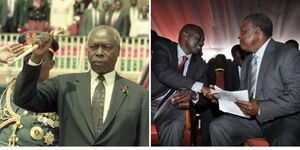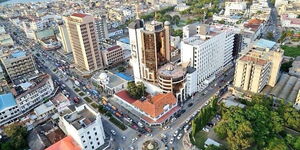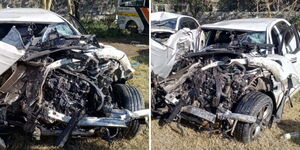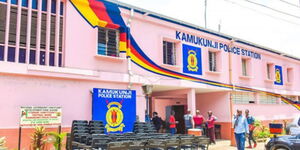The high number of traffic cases serve to overrun the judicial system with no apparent evidence of improving road safety.
A study by the Office of the Director of Public Prosecutions reveals that traffic offences, which constitute 36 percent of court cases, are disrupting the judicial system.
Some of the challenges courts face in prosecuting such cases consist of issues such as high number of cases, lack of evidence at the time of registering a charge, failure to enforce summons and arrest warrants by police and presenting wrongdoers without witness statements and exhibits.
Other problems include missing crime scene evidence during the presentation of the offender’s charge sheet to prosecutors, bonded suspects skipping court appearances and lack of computer printouts.
Data acquired from the study show some cases involve lapses not related to use of the road such as touting, not wearing Public Service Vehicle (PSV) uniform, driving without an inspection sticker and failure to renew driving permits.
Other violations include failing to keep records of employment and a fare table, driving a vehicle lacking a speed governor, operating vehicles with missing or unmaintained parts, carrying excess passengers, failing to fasten seat belts, standing in a PSV and not wearing a helmet.
Public Prosecutions secretary Dorcas Oduor expressed that that self-regulation could be used to settle minor offences, such as Saccos ensuring their members wear the correct uniform while also desisting from touting.
In addition, compliance issues could be settled by relevant authorities: “If someone is found driving using a license that expired few days or weeks ago, he or she could be warned and barred from the road until they renew the permit.”
The new smart licenses by NTSA could enable motorists to pay for fines at the spot where the offence has been committed, with their information being gathered and stored digitally, which shall then be used to create a database for repeat offenders.
Oduor went on to inform that the DPP’s office was in the process of developing prosecution guidelines for all criminal cases, especially traffic offences.












